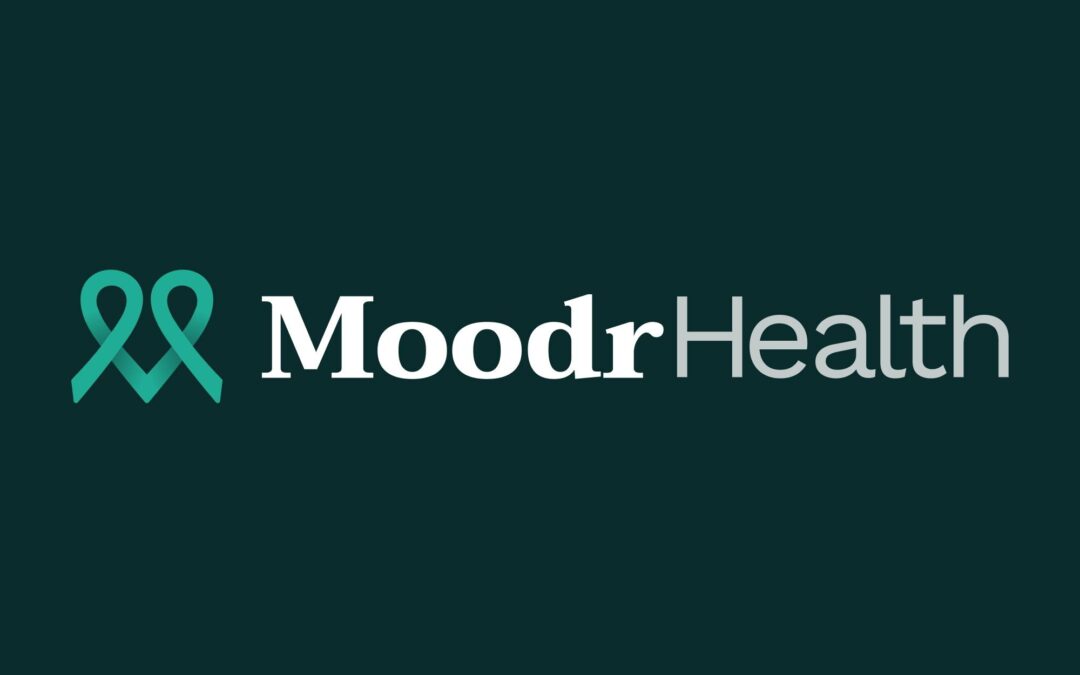The Police and Peers program, an innovative initiative designed to provide support to law enforcement while also offering peer recovery support services to individuals with substance use disorder (SUD), continues to grow in both scope and effectiveness across the state.
“One of the biggest challenges we face is shifting perceptions,” said Jon Dower, Executive Director of West Virginia Sober Living Solutions (WVSLS) which launched the program two years ago. WVSLS currently operates six recovery homes in West Virginia.
“By having peer coaches work directly with officers, we’re not just offering treatment options, we’re changing hearts and minds about addiction and recovery,” Dower said. “We’re increasing diversion, reducing stigma, reducing recidivism, and improving community health and safety.”
He added, “Officers in one jurisdiction are telling officers in another jurisdiction about the value of the program, and that’s how we’re expanding.”

The program pairs Peer Recovery Support Specialists with law enforcement officers to assist with a response to certain substance use disorder and misuse situations that pertain to mostly non-violent incidents. The recovery specialist may be called to the scene to help deescalate a situation, or a law enforcement officer may refer an individual to WVSLS for follow-up services the next day. The progress of each individual receiving services is tracked for a minimum of one year.
As of November, the program in 2024 has logged 109 Law Enforcement Callouts and 235 referrals to treatment. It has connected 71 individuals to a detox program, 89 individuals to in-patient treatment, 33 individuals to Medication for Opioid Use Disorder (MOUD) clinics, while providing out-patient services to 36 individuals.
The Police and Peers program currently exists in Fayette, Kanawha, Nicholas, Preston, and Monongalia counties, with plans to extend to two more counties in the coming months. It’s funded through the WV Office of Drug Control Policy by a federal grant from the Substance Abuse and Mental Health Services Administration (SAMHSA).
“And now we’re so excited for January with the integration of an advanced data management system designed and built by Moodr Health,” Dower said. “We know the Police and Peers Program will have even greater impact now with enhanced data collection, tracking, management, reporting, and overall efficiency.”
Moodr Health is an innovative digital healthcare platform based in Morgantown, WV, equipping health systems, insurance providers, and other organizations with tools for remote behavioral health management.
The Moodr Health customized system allows the Police and Peers program to track in real time the journey of an individual who accepts recovery services, and therefore, to better respond to that individual’s needs. This data includes everything from insurance details and housing needs to food insecurity and employment status, all while maintaining strict confidentiality in compliance with federal regulations.
Dower explained the Moodr Health data platform digitally captures Release of Information (ROI) documentation, a federal requirement to track someone receiving substance use treatment.
The data management system will also track the continuing observations, feedback, and evolving attitudes of law enforcement as those officers collaborate with recovery specialists.
“We were at the right place at the right time with the right partners,” Dower said of the partnership with Moodr Health.“They’ve provided us with a digital solution that is tailor-made to our needs, and I’m extremely optimistic about how it will transform the way we operate and the impact we can have.”
“Moodr Health is honored to equip WV Sober Living Solutions with innovative tools that provide real-time, personalized assistance for individuals on their recovery journey,” said Michelle Hopkins, Chief Customer Success Officer at Moodr Health. “Our partnership with the Police and Peers program allows access to essential data, enhancing their ability to respond compassionately and effectively to each person’s unique needs. By connecting individuals to critical resources, we strive to make a meaningful impact on their path to wellness and lasting recovery.”
By automating the collection and reporting of data, Dower estimates Moodr Health’s platform will save up to 40% of staff time that would otherwise be spent on manual data entry and report generation. With its customized AI capabilities, it will provide immediate, real time reporting and feedback to law enforcement, funders, policymakers, and for academic research.
“The time saved will allow us to focus more on what truly matters—engaging with individuals and guiding them through their recovery,” he said.
“We’re not just looking to get people into treatment; we want to create long-term, sustainable recovery,” Dower concluded. “This program is changing lives, and with the new capabilities provided by Moodr Health, we’re more confident than ever that we can keep improving the lives of those we serve, potentially developing a model for law enforcement and recovery specialists nationwide.”

